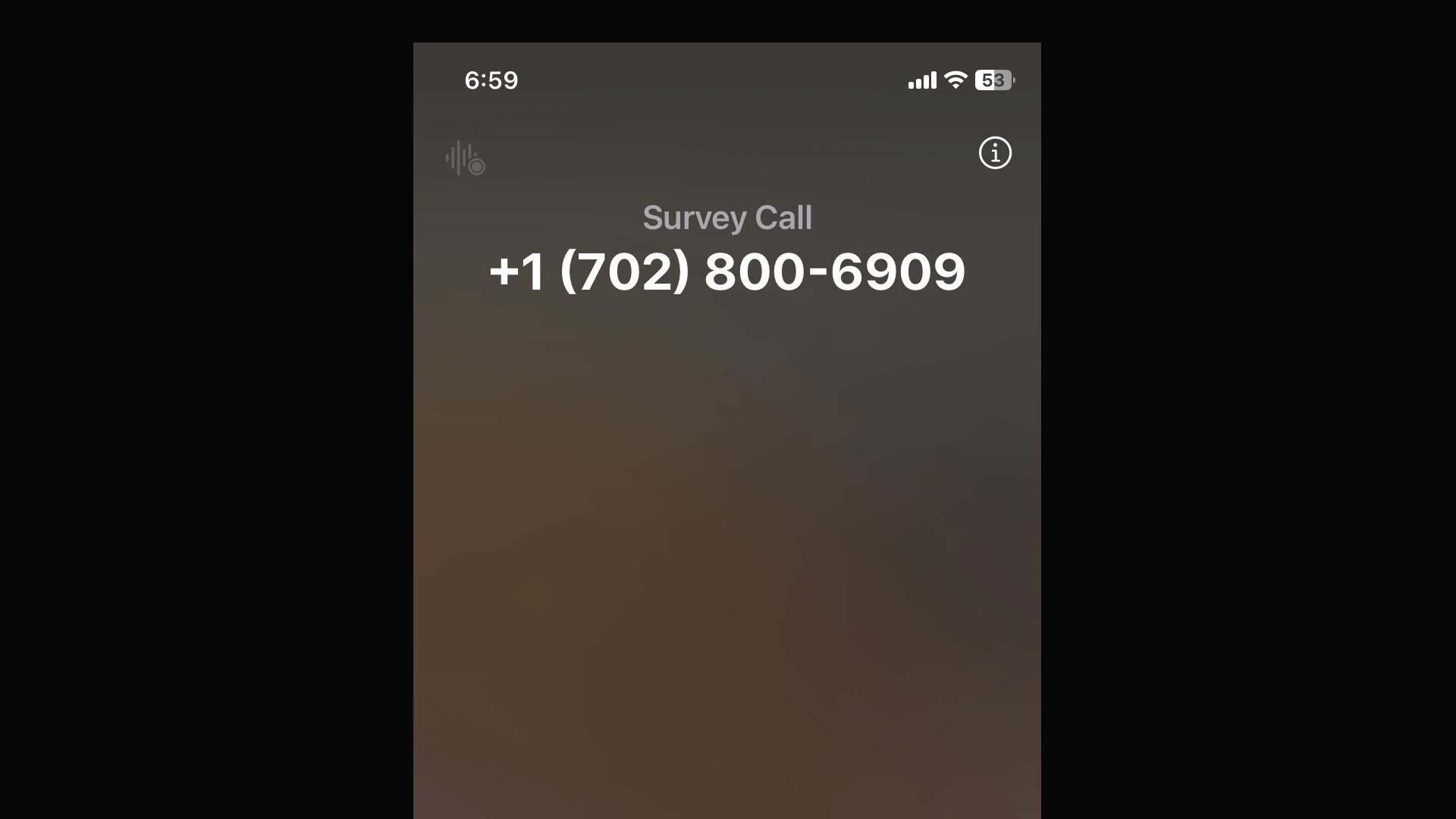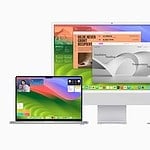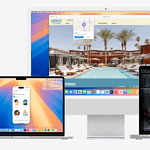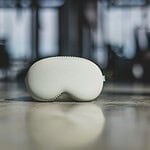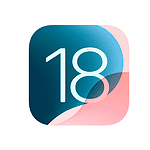Survey calls on iPhone are phone interviews used to gather feedback and opinions. These calls can be inbound or outbound, with trained interviewers asking questions to collect data from respondents. They help businesses and researchers get quick insights from their target audience. While some are legitimate market research efforts, others may be scams attempting to collect personal information. Learn how to identify legitimate survey calls, manage them effectively using your iPhone’s features, and protect yourself from potential scams.
iPhone users might receive survey calls about products, services, or general topics. These calls can come from market research firms, companies, or political organizations. The calls may be automated or conducted by live agents. Survey calls often have higher response rates than email surveys, making them a useful tool for gathering information.
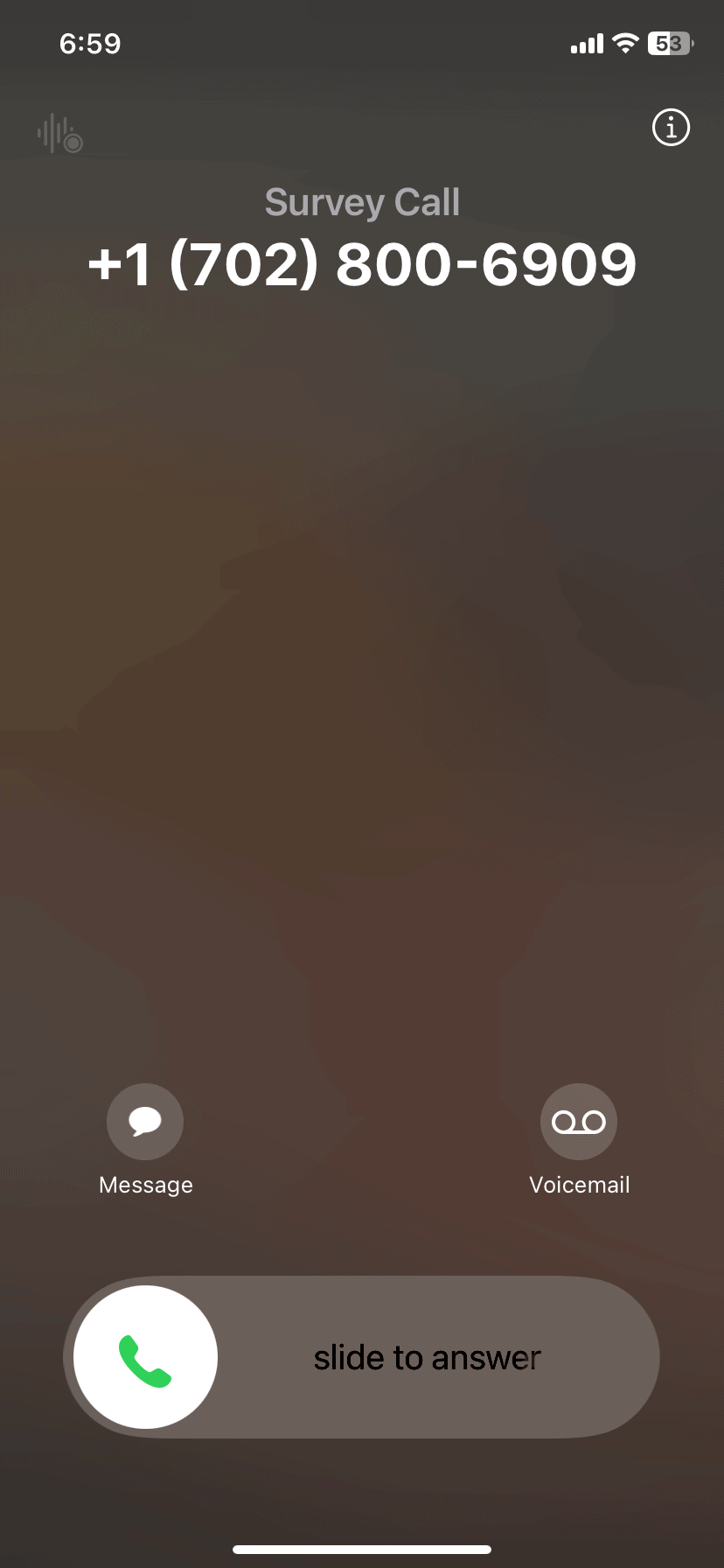
Understanding Survey Calls on Your iPhone
What are Survey Calls?
Survey calls are phone calls. They ask you to participate in a survey. These surveys can be about many topics. They might ask about your opinions on products, services, or political candidates. Some surveys offer rewards for completing them.
Why Do I Get Survey Calls?
Survey companies get your phone number from various sources. These can include public records, marketing lists, and your online activity. You might get more survey calls if you have participated in surveys before.
Are Survey Calls Legitimate?
Some survey calls are legitimate. They come from real companies doing market research. However, some survey calls are scams. These calls try to get your personal information or money.
How to Identify Legitimate Survey Calls
- Caller ID: Legitimate survey calls often have a valid caller ID. It may show the company name or a toll-free number.
- Introduction: The caller should introduce themselves and their company clearly. They should explain the purpose of the call.
- No Pressure: They should not pressure you to participate or give personal information immediately.
- Privacy Policy: They should have a privacy policy. This policy explains how they use your data.
How to Deal with Survey Calls
- Don’t Answer: If you don’t recognize the number, you can choose not to answer.
- Hang Up: If you answer and suspect a scam, hang up immediately.
- Block the Number: You can block the number to prevent future calls.
- Register with the National Do Not Call Registry: This can reduce unwanted telemarketing calls.
iPhone Features to Manage Calls
- Silence Unknown Callers: This feature silences calls from numbers not in your contacts.
- Block Contact: You can block specific numbers from calling you.
- Third-Party Apps: Some apps offer more advanced call blocking and identification features.
Other Types of Unwanted Calls
Survey calls are just one type of unwanted call. You might also get robocalls, spam calls, and telemarketing calls. Robocalls use automated messages. Spam calls try to sell you something you don’t need. Telemarketing calls are from companies trying to sell you products or services. You can use similar strategies to deal with these unwanted calls.
Key Takeaways
- Survey calls on iPhone collect feedback through phone interviews
- These calls can be inbound or outbound, with higher response rates than email surveys
- iPhone users may receive survey calls from various organizations for different purposes
Understanding Survey Calls on iPhone
Survey calls on iPhones gather feedback from users through phone interviews. These calls help businesses and researchers collect valuable data and opinions.
Definition and Importance of Phone Surveys
Phone surveys are a method of collecting information from people by calling them on their phones. These surveys ask questions about products, services, or opinions. They are important because they:
• Reach a wide range of people
• Get quick responses
• Allow for follow-up questions
• Provide a personal touch
Phone surveys help companies improve their offerings and understand customer needs better. They also aid in market research and public opinion polls.
Types of Phone Surveys
There are several types of phone surveys that can be conducted on iPhones:
- Live surveys: A real person calls and asks questions
- Automated surveys: A recorded voice asks questions
- Inbound surveys: People call a number to take part
- Outbound surveys: Surveyors call people to participate
Each type has its own benefits. Live surveys allow for more complex questions. Automated surveys can reach many people quickly. Inbound surveys are good for customer feedback. Outbound surveys help reach specific groups.
Survey Tools and Software
Many tools and apps make it easy to conduct surveys on iPhones. Some popular options include:
• Survey apps: These let users create and take surveys on their phones
• Calling software: Programs that manage outbound calls for surveys
• Voice recording apps: Tools to record survey calls for later review
• Data analysis tools: Software to look at survey results
These tools help make surveys faster and more accurate. They also make it easier to store and analyze the data collected.
Challenges and Considerations
While survey calls on iPhones can be useful, there are some things to keep in mind:
• Privacy concerns: People may worry about sharing personal info
• Call screening: Many users ignore unknown numbers
• Time limits: Surveys should be short to keep people interested
• Sound quality: Poor connections can make surveys hard to complete
To address these issues, surveyors should be clear about the survey’s purpose. They should also keep calls brief and respect people’s time. Using good quality calling software can help with sound issues.
Frequently Asked Questions
Survey calls on iPhones gather feedback and data from users. These calls can be for market research, customer satisfaction, or other purposes.
What does a survey call entail?
A survey call involves a series of questions asked over the phone. The caller may work for a research company or business. They ask about products, services, or opinions. Calls can last from a few minutes to half an hour.
How can one identify a survey call through caller ID?
Caller ID may show a company name or an unknown number. Some survey calls use local area codes to increase pick-up rates. If unsure, let the call go to voicemail. Legitimate survey companies often leave messages explaining the purpose of their call.
What are the common purposes of call research or survey calls?
Survey calls collect data for various reasons. They gauge customer satisfaction with products or services. Political polls use them to measure voter opinions. Market researchers use calls to test new ideas. Companies may also conduct surveys to improve their offerings.
How can an individual stop receiving survey calls on their iPhone?
To reduce survey calls, register your number on the National Do Not Call Registry. Use iPhone’s built-in call blocking feature for persistent numbers. Third-party apps can also filter out unwanted calls. Some survey companies honor opt-out requests if contacted directly.
What methodologies do survey callers utilize during calls?
Callers often use structured questionnaires. They may ask multiple-choice or open-ended questions. Some use rating scales for customer satisfaction. Interviewers are trained to be neutral and not influence answers. They may record calls for quality control.
In what ways can unsolicited survey calls be distinguished from legitimate research calls?
Legitimate surveys state their purpose clearly. They don’t ask for personal information like credit card numbers. Real researchers respect “no” answers and don’t pressure participation. Scam calls often try to sell something or get private data. If a call seems suspicious, it’s best to end it and verify the company independently.

